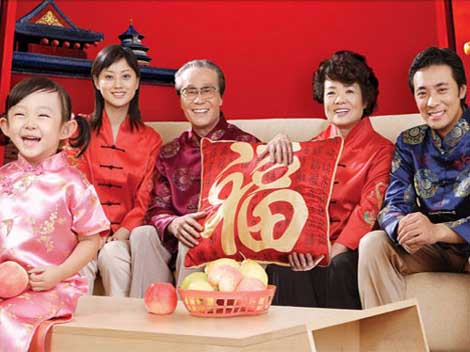By Niraj Lawoju
I’m from Nepal. Last September, driven by curiosity, I came to China for the first time and started my journey as a student at Sichuan University.
My new life began in Chengdu, capital of Southwest China’s Sichuan province, a city known for its relaxed pace of life and numerous parks. During weekends, particularly in good weather, people often gather in parks to enjoy tea and conversation, while their children play nearby.
Chengdu is also renowned for its mouth-watering dishes. As night falls, restaurants of every kind are bustling with diners, who are really enjoying themselves.
My residence is quite close to the Funan River, and I find pleasure in walking along its banks every morning and evening. At East Lake Park and Wangjianglou Park along the river, I often see elderly people practice tai chi amid gentle music and melodious birdsong. Their graceful postures and flowing movements create a beautiful sight in the parks. In the evenings, the open squares by the river come alive with people dancing to lively music. Most of them are about my mother’s age, yet their energy truly impresses me.
Perhaps it’s because of my habit of walking in the morning or my admiration for the clear Funan River flowing through the bustling city center, but I often pay special attention to the city’s sanitation workers.
Once, while walking back home on a chilly winter morning, I saw sanitation workers sweeping leaves on the road. Out of curiosity, I wanted to join them and see how they work. I tried to communicate in my poor Chinese, but I could not really understand their Sichuan dialect. However, when I picked up a broom, they immediately understood what I was trying to do. That day, I joined them in collecting leaves and helped them pack, sort and transport the leaves. When we parted, they enthusiastically suggested taking a photo with me, this sweaty foreign boy. I still cherish that photo – we were infected by each other’s enthusiasm, and smiles radiated on all our faces.
Despite being in a foreign land, I often encounter such hospitality and friendliness. My neighbor is a robust elderly man. Sometimes in the morning, I helped him sweep the streets near our residential building, and then we sat together for breakfast – usually youtiao, Chinese fried dough sticks. He listened as I talked about my family and parents. Sometimes he “complained” that my clothes were too thin: “You don’t understand winter in Chengdu; you should wear more.” In my neighborhood, there is also a kind auntie who always treats me like her own child, cooking me delicious food.
Their friendliness never ceases to warm my heart and deepen my appreciation for Chengdu and China. For me, China is a country that boasts not only beautiful cities, lively parks and busy subways, but also warm and friendly people. In their company, I no longer feel like a foreigner, but rather a typical young person who can effortlessly blend in and share laughter with them.
Before coming to China, I had heard about its rich traditional culture centered around “family.” This vague idea I had before has turned into vivid images in my mind, after seeing grandparents carrying their grandchildren’s small bicycles to pick them up from school and parents happily watching their children enjoy themselves in the playground. This embodies the devoted attention and care of Chinese elders, who are passing down their knowledge, aspirations and traditions to the next generation. And I am probably a beneficiary of this inclusive “family culture.”
China is vast, and what I see and hear often provokes my thoughts. Chinese society is like a weighty classic novel with many captivating chapters, filled with touching stories, kindness and warmth. Perhaps even a lifetime would not be enough to thoroughly understand all its aspects, but I am grateful to the people I met in China, who have opened a window for me to explore this fascinating culture.













